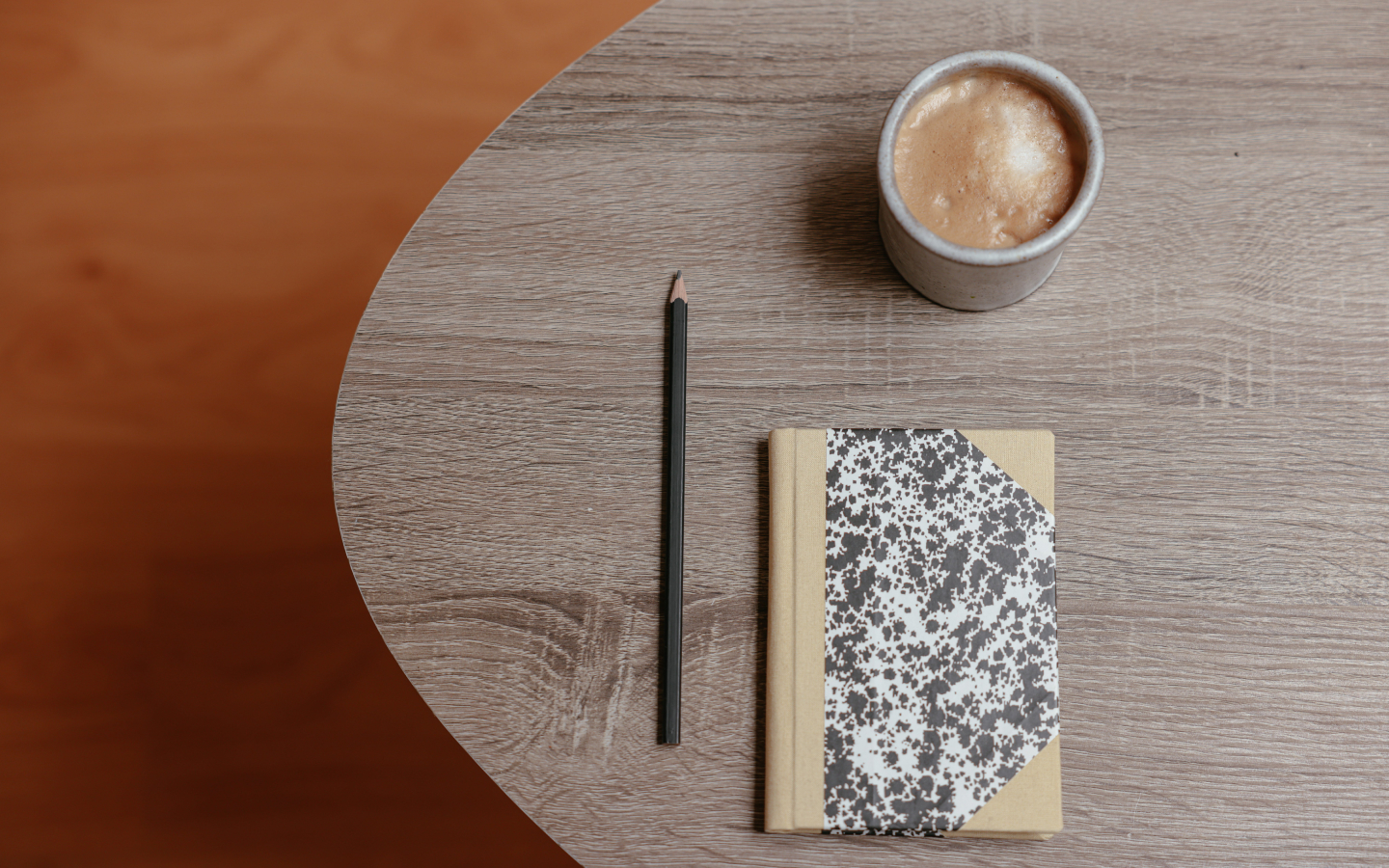Educate Yourself on Financial Wellbeing
If you are still reading this blog, you are already on the right tracks! Take the time to educate yourself on topics like budgeting, investing, and debt management. There are so many resources, opinions and jargon out there that it can often get intimidating, don’t worry we completely understand! That is why we are here to help make financial advice accessible for everyone, we will be regularly sharing financial help throughout the whole of January so keep posted for more advice.
It's important to always stay savvy to what is happening within the financial world such as mortgage rates, inflation, etc. These are often spoken about in the news or on television but another great way of learning about money saving tips is through bitesize content on social media platforms like Instagram and Tiktok. It is important to remember that the more you understand about your personal finance, the better equipped you'll be to navigate the complexities of the financial world.








